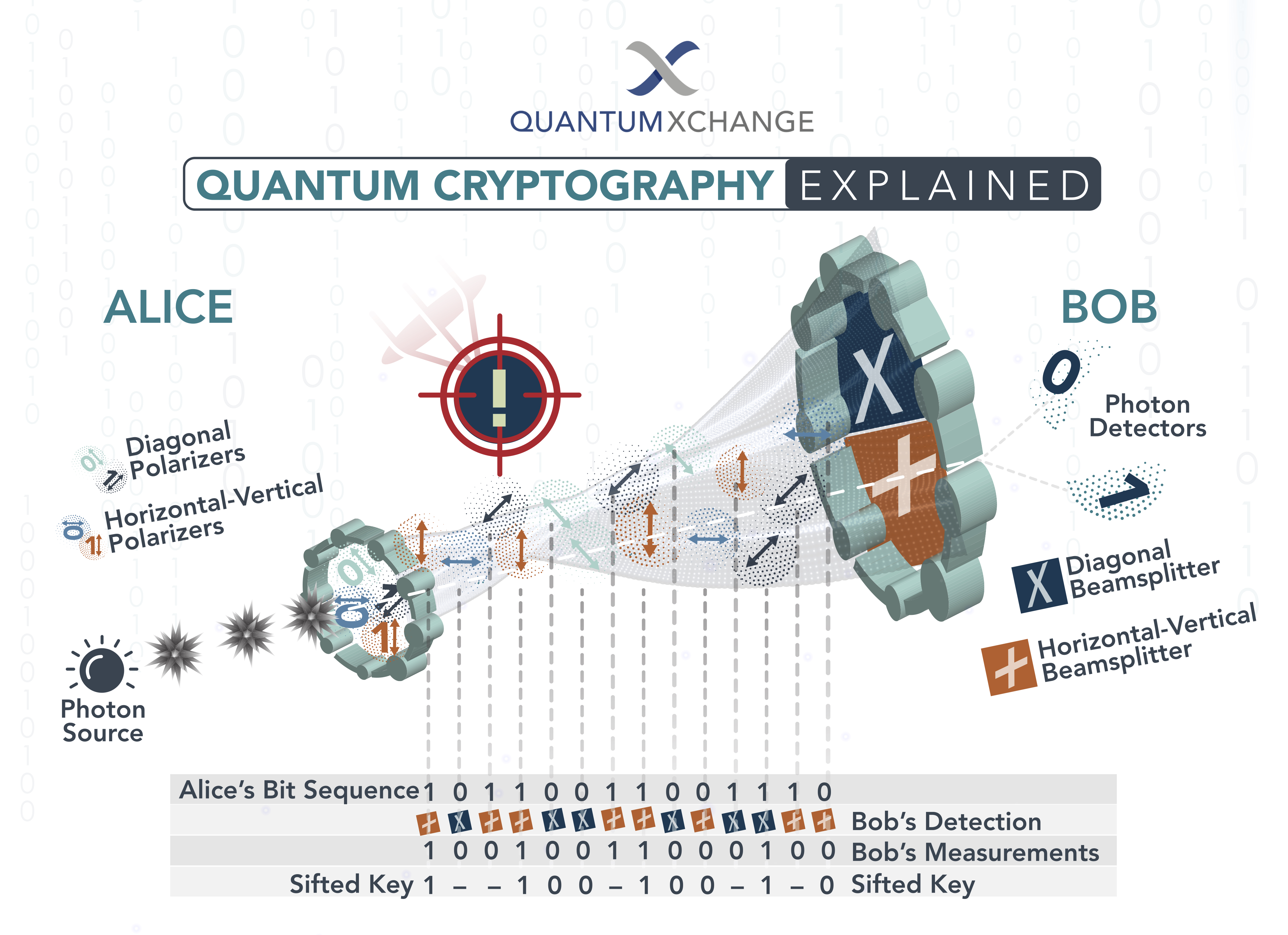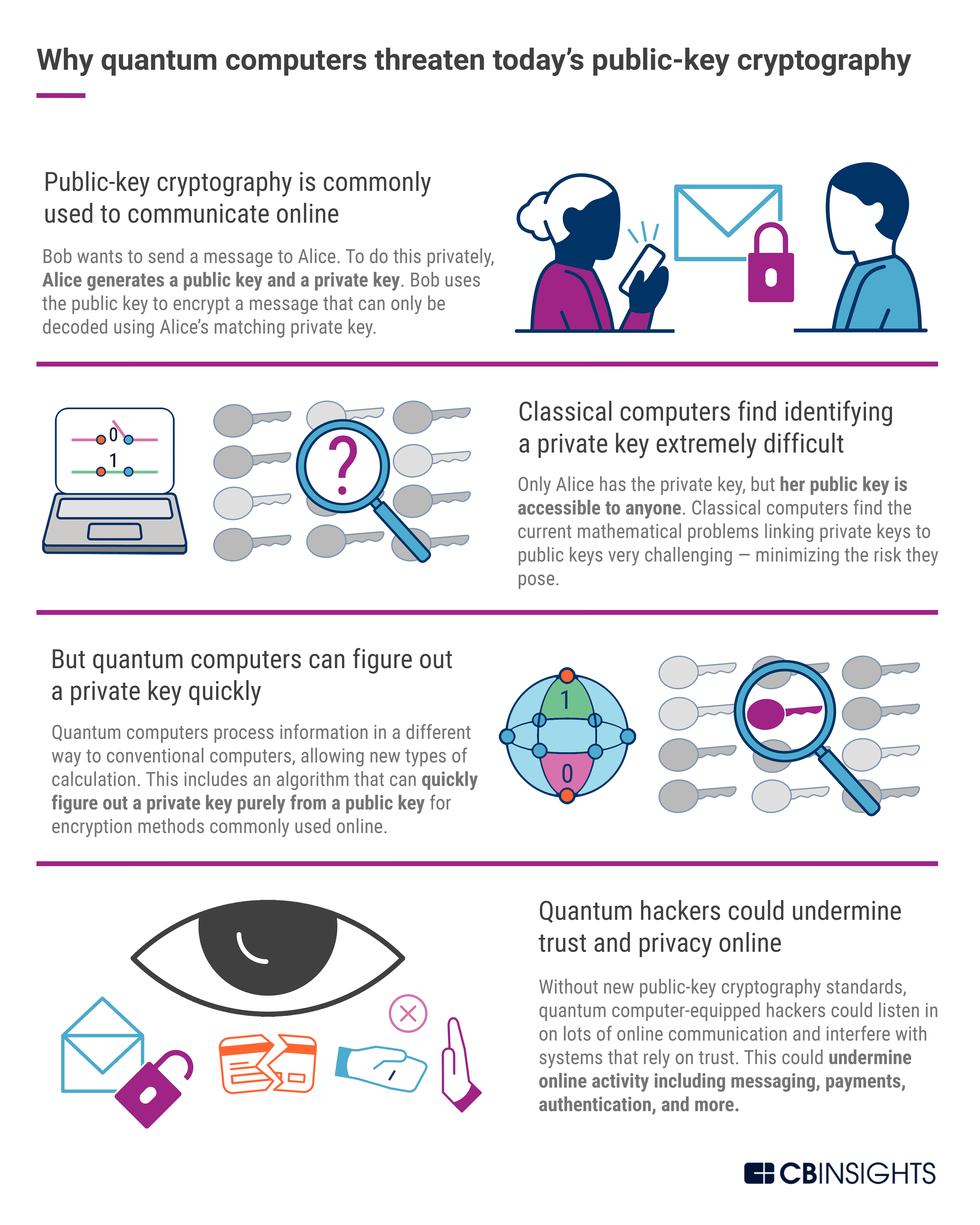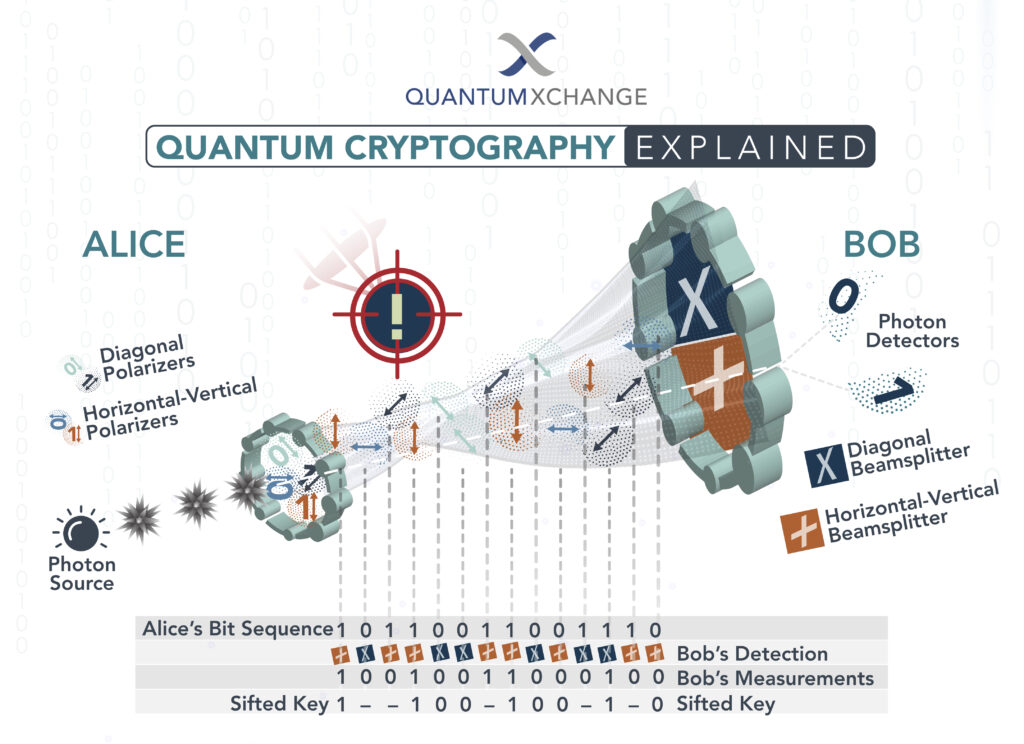In today’s technology-driven world, cybersecurity has become more crucial than ever. With the increasing amount of sensitive information being shared online, traditional encryption methods are no longer sufficient to protect against cyber attacks. This is where quantum cryptography comes in – a cutting-edge technology that promises to revolutionize the way we secure our digital communications.
At its core, quantum cryptography leverages the principles of quantum mechanics to provide secure communication channels that cannot be compromised by hackers. Unlike traditional encryption, which relies on mathematical algorithms, quantum cryptography is based on the physical properties of photons – the fundamental particles of light. By using photons to encode and transmit information, quantum cryptography ensures that any attempt to intercept the communication will be immediately detected, causing the information to be destroyed. This makes it an ideal solution for organizations that deal with highly sensitive information such as government agencies, financial institutions, and healthcare providers.
Quantum cryptography is used to secure communication and protect data from being intercepted or altered. It uses the principles of quantum mechanics to create a secure channel that cannot be tapped or intercepted. Quantum cryptography also offers greater security and privacy than traditional cryptography systems by relying on the fact that measuring a quantum system will change its state.

What is Quantum Cryptography?
Quantum cryptography is a method of secure communication that uses quantum mechanical properties to protect sensitive data. It is based on the principles of quantum mechanics and can provide an unprecedented level of security, making it difficult for hackers to access confidential information. Quantum cryptography has been used in a variety of applications, including banking, military, and government communications.
Quantum cryptography is different from traditional cryptography in that it uses the properties of quantum mechanics to create a secure communication channel. It utilizes the power of quantum entanglement, which allows two particles to become “entangled” and share information between them, regardless of distance. This allows for a secure communication channel that is nearly impossible to hack.
Why Do We Use Quantum Cryptography?
Quantum cryptography is used for a variety of reasons. It is a secure way to transmit data, as the information is encrypted using quantum keys that are nearly impossible to hack. This makes it ideal for transmitting sensitive information, such as banking information, military information, and government data.
Additionally, quantum cryptography can be used to protect against eavesdropping. With traditional cryptography, it is possible for a third party to monitor the communication and gain access to the information being transmitted. However, with quantum cryptography, the communication cannot be monitored as the quantum keys used to encrypt the data are nearly impossible to crack.
Finally, quantum cryptography can also be used to detect tampering. With traditional cryptography, it is difficult to detect if the data has been tampered with. However, with quantum cryptography, the quantum keys can be used to detect any tampering that has occurred, allowing the sender to be notified immediately.
Frequently Asked Questions about Quantum Cryptography
Quantum cryptography is a form of cryptography that uses the principles of quantum mechanics to secure data transmission. It offers a secure way to communicate that is more secure than traditional cryptographic methods.
What is Quantum Cryptography?
Quantum cryptography is a form of cryptography that uses the principles of quantum mechanics to secure data transmission. It works by sending information in the form of quantum states, which are not easily intercepted or tampered with. This makes it much harder for malicious actors to intercept the data being sent and to alter or decode it. Quantum cryptography also offers a higher level of security than traditional cryptographic methods.
How Does Quantum Cryptography Work?
Quantum cryptography works by sending information in the form of quantum states. These quantum states are encoded with a special key, which is known only to the sender and receiver. To ensure that the information is not tampered with, the sender and receiver use a technique called quantum key distribution. This technique creates a secure channel between the two parties and ensures that the information is transmitted securely.
What Are the Benefits of Quantum Cryptography?
The main benefit of quantum cryptography is that it provides a higher level of security than traditional cryptographic methods. Quantum cryptography is also more secure than traditional methods, as it is more difficult to intercept or tamper with the data being sent. This makes it ideal for protecting sensitive data and communications.
What Are the Limitations of Quantum Cryptography?
While quantum cryptography is more secure than traditional cryptographic methods, it is not infallible. As with any cryptographic method, quantum cryptography is vulnerable to attack, and there are some limitations that must be taken into account. For example, quantum cryptography requires specialized hardware and software, which can be costly and difficult to implement. Additionally, quantum cryptography is not suitable for long-distance communications, as the data can become distorted over long distances.
What Are Some Applications of Quantum Cryptography?
Quantum cryptography is used in a variety of applications, including secure communication, financial transactions, and data storage. It is also used in some medical applications, such as in the authentication of medical records. Additionally, quantum cryptography is becoming increasingly popular for use in secure online transactions, such as in e-commerce and banking. It is also being used to secure data transmissions on the Internet and in wireless networks.

In conclusion, the use of quantum cryptography is a necessary step towards ensuring secure communication in the modern digital age. With the increasing number of cyber-attacks and data breaches, it has become imperative to develop new and more sophisticated methods of encryption. Quantum cryptography offers several advantages over classical cryptography, including its ability to detect any attempts at interception or eavesdropping on communication channels. Furthermore, the use of quantum key distribution ensures that keys used for encryption cannot be intercepted or copied, making it virtually impossible for hackers to gain access to sensitive information.
Overall, the use of quantum cryptography is an exciting development in the field of cryptography, which has the potential to revolutionize the way we communicate and transmit data securely. As technology continues to advance, it is likely that quantum cryptography will become increasingly important, particularly in industries such as finance, healthcare, and government, where the security of sensitive information is paramount. With ongoing research and development, it is only a matter of time before quantum cryptography becomes the gold standard in secure communication, offering unparalleled levels of security and peace of mind for users around the world.

